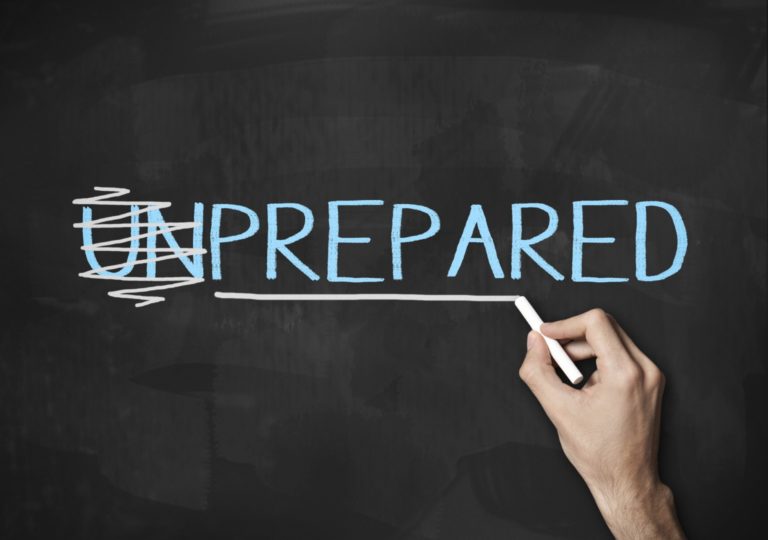Last week I wrote about the importance of style guides. With the recent influx of interpreting jobs, another indispensable tool that came to my mind are glossaries.
Without them, I don’t think it would be possible to work effectively as a translator but even more so as an interpreter. If all I had were dictionaries and term bases or glossaries of other people, I might be able to get by translating, where I have more time to research words, phrases and contexts, but that is definitely not my idea of perfect working conditions. But interpreting? Hardly.
While preparing for the very different interpreting assignments these last few weeks, I updated two glossaries and created one completely new one. And it was an absolute lifesaver that I did, too!
Creating or updating a glossary really serves two purposes:
- I put together a list of terms and their translations in a certain context and/or for a certain situation. This means, when the time for interpreting comes, I have everything I need for that specific topic and event right at my fingertips and in one place, without having to search through numerous dictionaries, online sources etc.
- By collecting and researching these terms, I am already learning them and about the topic or topics that will or might come up during the assignment, meaning there should be no unexpected surprises (unless of course the client changes things, but that’s a different story and thankfully doesn’t happen all that often), which gives me peace of mind, resulting in an even better performance on my part.
This two-fold preparation proved invaluable particularly for that short-notice assignment two weeks ago, as one of the speakers had a 80-slide presentation that he rushed through within 90 minutes, speaking at not one mile but rather three miles a minute! Had I not carefully gone through his presentation and picked out the difficult and unfamiliar terms beforehand, I would have been completely lost and probably unable to follow him, much less interpret his lecture.
But glossaries are not only necessary tools for interpreters; translators also really need them. Ben Karl over at Ben Translates wrote a very good post about why you absolutely should have your own glossaries. Take a look and read it here.
So whether you’re a translator or an interpreter (or both), glossaries should be part of your set of tools, and if you have not started yet – get with it! 😉

